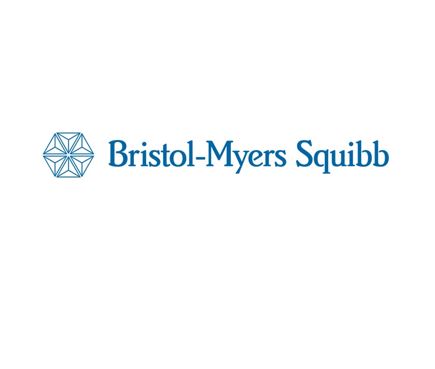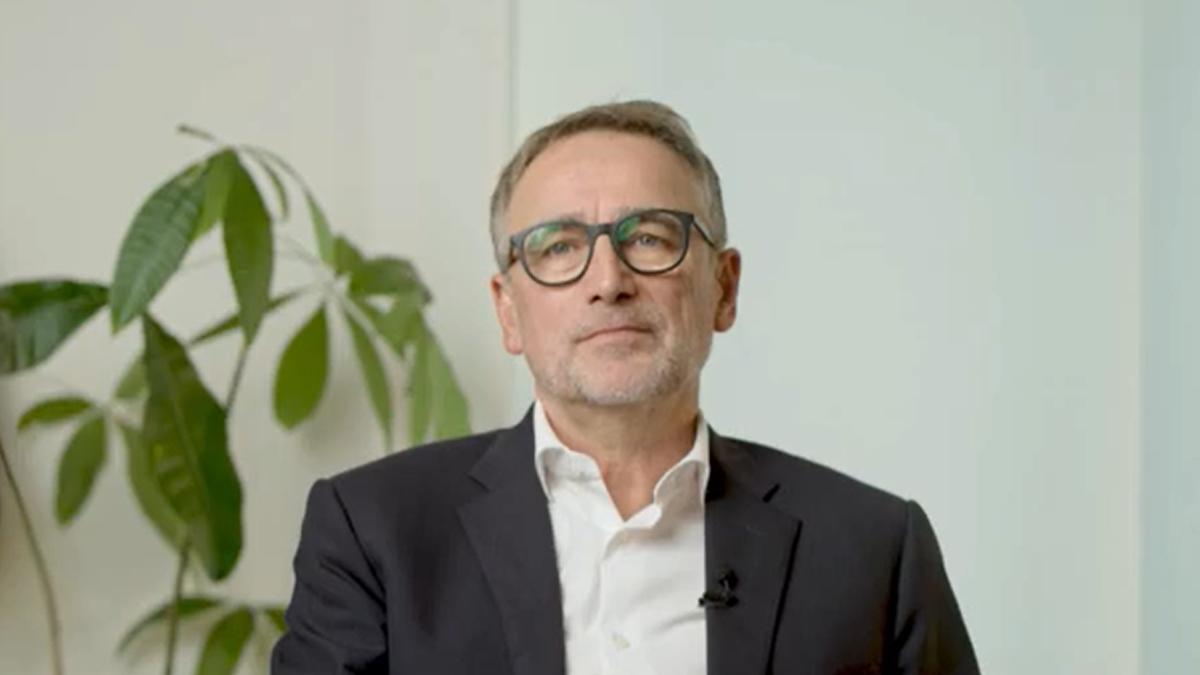BMS looks to Opdivo + vaccine combo for non-PD-L1 lung cancer patients

Bristol-Myers Squibb is teaming up with France’s Transgene to combine Opdivo with investigational therapeutic vaccine TG4010 in lung cancer.
Opdivo is currently the market leader in PD-1/PD-L1 immunotherapies, but Merck’s rival Keytruda is tipped to overtake it, thanks to its approval in first line use against non-small cell lung cancer.
The failure of BMS’s drug in a pivotal trial in NSCLC as a first line monotherapy was one of the biggest surprises of 2016, and has seen the value of its shares badly hit as a result.
The company hopes that it can outshine Keytruda monotherapy in combinations with other agents - and in these patients with no PD-L1 expression.
A new wave of therapeutic vaccine treatments for cancer are emerging, and are among the novel approaches being touted as combinations to boost results from the PD-1 drugs.
BMS already have a similar deal with another cancer vaccine company, Bavarian Nordic, but are not stinting on the number of collaborations it is conducting in the field.
Transgene’s TG4010 is designed to generate an immune response against MUC1 expressing tumours such as NSCLC – sometimes referred to as stepping on the immune system’s accelerator. Combined with Opdivo, which effectively takes the brakes of the immune system, the results in patients could be significantly improved.
What is particularly remarkable about its new collaboration with Transgene, is that BMS is targeting advanced NSCLC patients whose tumours have low or undetectable levels of PD-L1 – a large proportion of all patients, and for whom Merck’s Keytruda and Roche’s Tecentriq are not licensed.
Both therapies will be combined with standard chemotherapy in first line NSCLC patients. The Phase 2 trial will evaluate objective tumour responses, and disease control in patients provided the regimen of TG4010 + CT, whose tumours express low and undetectable levels of PD-L1.
The study will evaluate the regimen’s safety and tolerability together with other efficacy metrics, and the multi-centre single-arm trial is expected to deliver first results in 2018.
No therapeutic cancer vaccine has produced late-stage proof of efficacy so far. Transgene’s lead candidate, liver cancer treatment Pexa-Vec entered phase 3 trials last year, as a combination with Sutent, and is expected to produce results in 2019.
The collaboration involves Transgene being the sponsor of the trial, and BMS providing Opdivo for use in the study.
We are excited to explore the potential benefits of combining Opdivo with an investigational therapeutic vaccine, TG4010, in NSCLC where the need for new therapies is particularly acute,” said Fouad Namouni, M.D., Head of Oncology Development at BMS. “As the science around cancer research continues to rapidly evolve, we are building on our leadership in Immuno-Oncology with potential combinations of therapies that may help advance new therapeutic approaches for patients in need of better options.”
In December, Opdivo produced some promising results in first line advanced NSCLC treatment when combined with BMS’ other immunotherapy, Yervoy.
The combination doubled median progression-free survival time compared with Opdivo monotherapy in all comers, regardless of PD-L1 expression.
In those patients with any degree of PD-L1 expression, the combination tripled PFS compared to Opdivo alone.
These results led some clinicians to claim the Opdivo + Yervoy combination could displace Keytruda as a favoured first line treatment, though many believe Merck’s drug is now in a commanding position in this setting.












